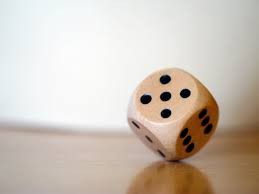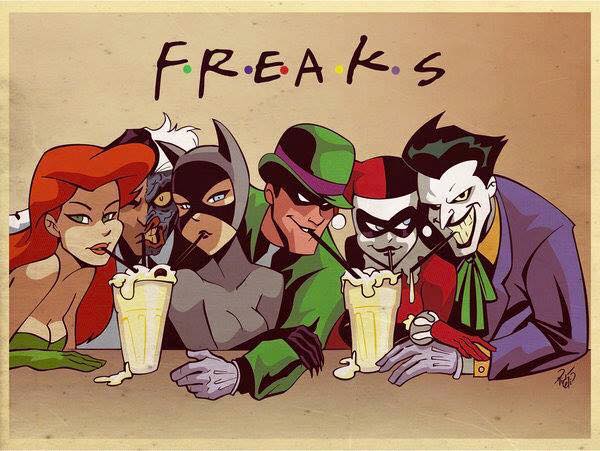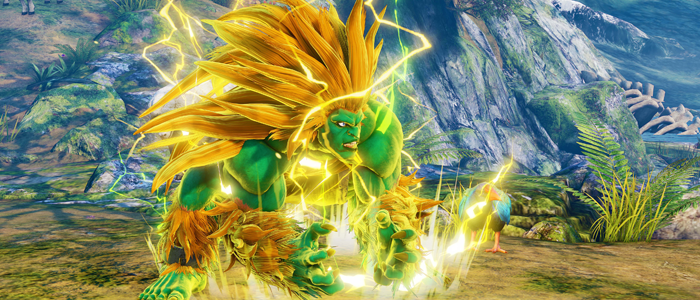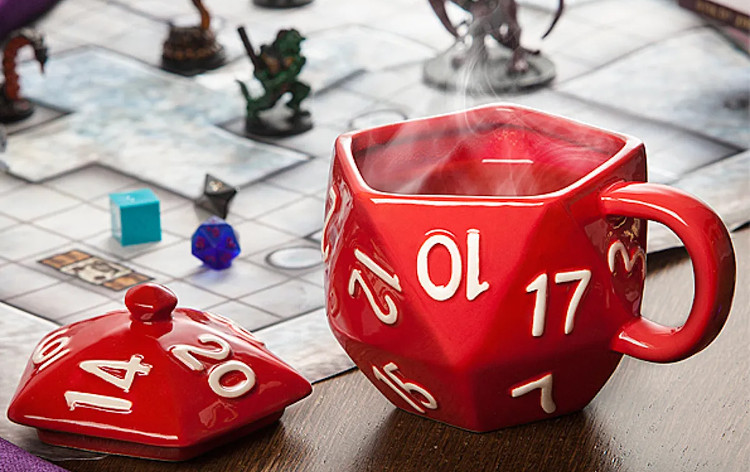Discord chatter AJ suggested I discuss my take on balance in games, specifically how necessary I thought it was. This being Behind the Screens and not Dear DovahQueen, I’ll keep us GMs in mind as I address this topic, and answer some follow up questions that came up.
There are two definitions of balance in game terms:
- Balance between characters;
- Balance between rules.
In both cases, it warrants asking “who cares?”
I don’t mean that dismissively.
This installment of Behind The Screens will look at the importance of a balanced party. Next installment will look at a balanced rules system.
Balance Between Characters
How much does it matter that everyone in the party operates at the same power level? Is Hawkeye keeping up with Thor? Should he?
I have played in groups with players playing suboptimal characters, and I have played in groups with players playing optimized characters. Sometimes they were the same group. I’ve seen three kinds of reactions from players to their suboptimal characters:
- Blissful indifference;
- Frustration with their character;
- Frustration with the rules.
Additionally, I’ve seen two kinds of reactions from the other players in the group to the suboptimal character:
- Indifferent indifference;
- Frustration with the character.
Indifference

The player most likely to be blissfully indifferent is Cathy. By blissful indifference, I mean that Cathy builds her character to concept, and her concepts never take into account how mathematically effective they are. She tends to play support characters, so they are sustainable even when suboptimal.
For example, her Adventurous character, Karrock, is a cleric of Cayden Cailean. Compare how invested she sounds when she brings up her ability to create and distribute free booze to how hesitant she sounded when we had to buff her to be the frontline warrior. That’s because being in the frontline went against her concept. It went against Karrock’s personality as well, so the resulting role playing lined up.
Other players whose characters are teaming with a suboptimal character mostly don’t mind. Mostly.
Frustration with the Character
Most often, players who are frustrated with their suboptimal characters are new to the game. They read the Core Rulebook, maybe even the Strategy Guide, and they thought they knew the rules enough to make a good character. The thing is, you can know the rules well enough to know how to administer them but not necessarily how to judge them.
For example, my friend Amelie recently made a bard for our Curse of the Crimson Thrones campaign. She sent me her build to see if there were any red flags. One of the things I love about helping Am with her characters is that she tends to find options I’m unfamiliar with. In this case, jitterbugs. I was excited to find out what this spell does. Unfortunately, what I found was a spell that is almost exactly like hideous laughter, but worse. Same caster level, same range, same save, same DC, lesser effect. Similarly, when she made a sorceress, she took Quicken Spell, a feat she can’t use until 8th level, but with no level prerequisite preventing her from taking it at character creation. These could have lead to frustrations at the character not delivering on expectations if we hadn’t caught them early.
It has happened that other players get frustrated that one of the characters in the party other than their own is under-delivering by their assessment. They don’t just see players as responsible for a character but as responsible for a portion of the party. To them, a player accepting that their character is suboptimal is being irresponsible to the group.
The reverse can also be the case. If one character is so optimized that they are contributing more than their share, this can be frustrating to the other players in the group.
Dealing with Character-Created Frustration
I will get into frustration over the rules at the character level when I discuss balanced rules. For now, let’s look at what to do with frustration at your table caused by an unbalanced party.
This is not a rules issue or a balance issue but a social issue. It’s why you have to ask “who cares?” The player with the problem character? The rest of the party? You, the GM? The solution may be in the rules, in interpersonal communication, or both.
Talking Out The Frustration

I am always a fan of addressing a problem directly.
If a player wants their character to contribute more, direct them to optimization guides online or buddy them up with another player who knows the game or that class well enough to offer tips (assuming they are skilled at offering tips). See if there is something circumstantial about their frustration (like when a cleric player I had felt their character was repetitive but I hadn’t included any undead in the campaign).
If one player has a problem with another player’s character and the other player does not wish to deal with it, evaluate one’s frustration over the other’s indifference or satisfaction. Do what you can to avoid thinking of one of the players as the problem in the situation and instead focus on the situation as the problem.
You could promise the frustrated player that you will take the optimal or suboptimal character into account and balance the adventure accordingly. Exactly how is all about knowing your players, particularly the frustrated player. Frustration over a suboptimal player can be out of fear for their character’s safety or it could begin and end with the player feeling the other player isn’t being fair to the party. Frustration over an optimal character can be about one player getting more than their share of the spotlight, or it can be about the character shortening encounters the frustrated player would have liked to spend more time on.
Using the Rules
If you can’t find the solution by talking through the frustrations, the solution may be in the rules. Is there a type of challenge that the optimal character is weak against, like a charge build getting foiled by difficult terrain, or a hotshot gunslinger with… shoot, I was going to say a poor Will save but their grit is tied to their Wisdom. Is there anything a gunslinger is bad at?
Maybe the party needs greater access to healing magic if one character is contributing below expectations. Maybe the bad guys need bonus hp equal to the OP PC’s last hit +1. Just be careful. No rule operates on its own, and there can be many and far reaching unintended consequences to changing the rules to solve your group’s problems.
When we were still playing 3.5, Tina’s first character was a battle sorcerer, which was a variant class from Unearthed Arcana. She envisioned what we now think of as a magus, but the battle sorcerer was intended to still play like a primary caster, just a slightly heftier one. To solve this conflict between character concept and execution, our GM gave Tina a sword that targeted touch AC. This sword ended up in Matt’s fighter’s hands at one point and he became so much more powerful than the rest of the party that it was hard to justify in character why he should give the sword back.
Similarly, I’ve tried adjusting ACs and HPs to account for optimized characters. This taught me two things:
- It’s punishing them for wanting to play the game a certain way, which contributed to my adapting the philosophy that “Different players play for different reasons”;
- Players who routinely make optimized PCs are able to do it because they are math minded. If they fail more often than they understand to be statistically probable, they will doubled down on their optimization, making cheesier choices because it’s the only they can make the rules make sense to them.
Rules/Discussion Combination

Before trying to solve a social issue by adjusting the rules, I suggest pairing a bit of discussion with a bit or rules adjustment. “You may notice that your character isn’t delivering the killing blow as often. I’m worried that your character is overshadowing the party and I’d hate to ask you to restrict the effectiveness of your build,” if you think they’d be open to that. “Your character’s taking away from my enjoyment of running this campaign. Can you try a few more flavourful choices for the next little bit? I don’t want to nerf your character, probably as much as I don’t want your character to nerf my campaign.”
Notice that my second example is a GM laying out how a character affects their fun? Let’s go back to this installment’s thesis question, “who cares?” If the answer is you, the GM, that’s perfectly valid. Despite the memes, the GM/player dynamic is not adversarial. You’re still a participant in the game, and likely playing at a table with friends. And when a friend starts a sentence with “I’m frustrated because…” the polite response is to listen.








